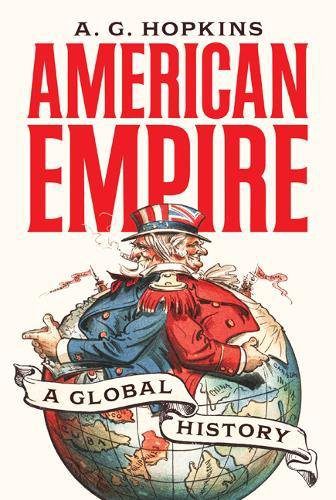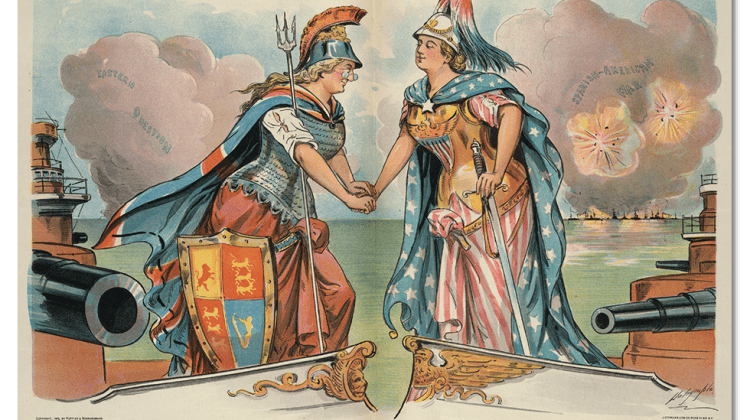Cross-posted from Not Even Past
Whether commentators assert that the United States is resurgent or in decline, it is evident that the dominant mood today is one of considerable uncertainty about the standing and role of the “indispensable nation” in the world. The triumphalism of the 1990s has long faded; geopolitical strategy, lacking coherence and purpose, is in a state of flux. Not Even Past, or perhaps Not Ever Past, because the continuously unfolding present prompts a re-examination of approaches to history that fail to respond to the needs of the moment, as inevitably they all do.
 This as good a moment as any to consider how we got “from there to here” by stepping back from the present and taking a long view of the evolution of U.S. international relations. The first reaction to this prospect might be to say that it has already been done – many times. Fortunately (or not), the evidence suggests otherwise. The subject has been studied in an episodic fashion that has been largely devoid of continuity between 1783 and 1914, and becomes systematic and substantial only after 1941.
This as good a moment as any to consider how we got “from there to here” by stepping back from the present and taking a long view of the evolution of U.S. international relations. The first reaction to this prospect might be to say that it has already been done – many times. Fortunately (or not), the evidence suggests otherwise. The subject has been studied in an episodic fashion that has been largely devoid of continuity between 1783 and 1914, and becomes systematic and substantial only after 1941.
There are several ways of approaching this task. The one I have chosen places the United States in an evolving Western imperial system from the time of colonial rule to the present. To set this purpose in motion, I have identified three phases of globalisation and given empires a starring role in the process. The argument holds that the transition from one phase to another generated the three crises that form the turning points the book identifies. Each crisis was driven by a dialectic, whereby successful expansion generated forces that overthrew or transformed one phase and created its successor.







You must be logged in to post a comment.